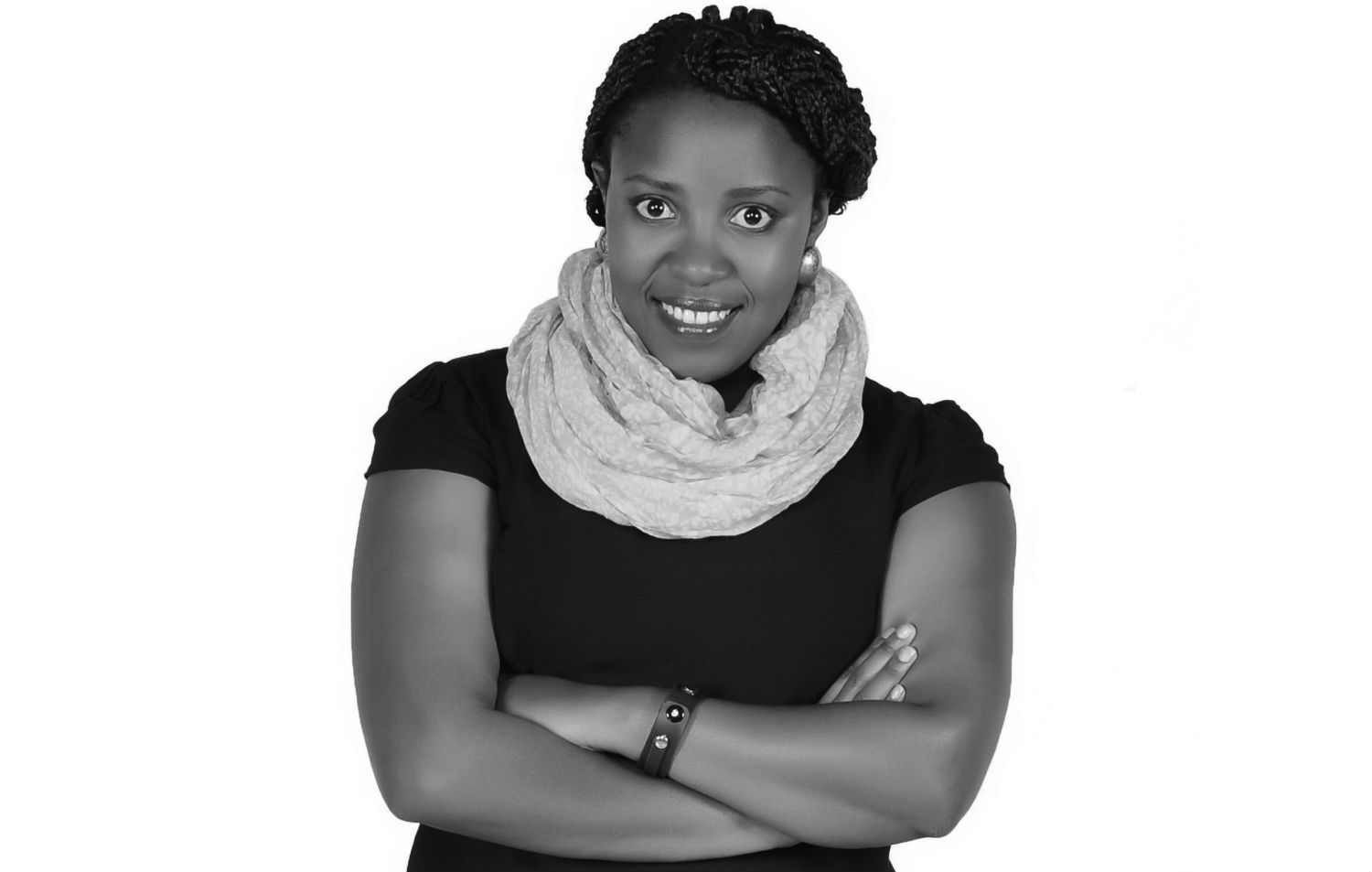One day in February of 2016, Ugandan journalist and blogger Ruth Aine Tindyebwa woke up ready to cover her country’s election. Included on the ballot: Yoweri Museveni, an incumbent who has held the presidential office for decades.
But reporting on the election process quickly proved difficult. Tindyebwa was dismayed to learn her most valuable communication tools, social media, were blocked.
Tindyebwa and millions of other Ugandans found themselves in the center of a government-ordered social media shutdown: a 72-hour period from February 18 to 21, during which channels like Twitter, Facebook and WhatsApp were shuttered.
Tindyebwa’s experience is no longer a rarity worldwide. According to Internet rights organization, AccessNow, in the first 10 months of 2016, there were 51 intentional Internet shutdowns in 18 countries, including Brazil, India and Turkey.
To continue her work, Tindyebwa — alongside other activists and citizens — used VPNs (virtual private networks) and other tools to circumvent the shutdown.
Mozilla’s Kevin Zawacki chatted with Tindyebwa about her experience (on WhatsApp, of course) in the summer of 2016 after seeing her speak at the re:publica conference in Germany on African Elections and Social Media Shutdowns.

Kevin: So in February of 2016, you were planning to cover the Ugandan elections, and reporting the news on social media. Is that right?
Ruth Aine: Yes.
Ruth Aine: I had been keenly following the campaigns online because all candidates had effectively made use of social media. So was definitely looking forward to having online coverage of the elections.
Kevin: What happened next?
Ruth Aine: What happened is that we woke up to no access to social media. Depending on the network – the block started about midnight of the Voting Day.
Kevin: Did the social media shutdown come as a surprise? And which sites were blocked?
Ruth Aine: Yes it did. We had anticipated a messages and voice block, but not social media.
We had anticipated a messages and voice block, but not social media.
Ruth Aine: WhatsApp, Facebook, and Twitter were blocked mainly
Kevin: So it was impossible for the average citizen to talk about the election on Facebook or Twitter?
Ruth Aine: If they did not have access to VPN, yes. But considering the Twitter demographic [in Uganda] – many got access.
Ruth Aine: So those affected were mainly people like my parents who are not on Twitter, but use WhatsApp.
Kevin: Do you think the Internet shutdown affected the outcome of the election?
Ruth Aine: No. I don’t think so. The reasons as to why the election results were as they were was due to the Electoral Commission and its inefficiency.
Ruth Aine: The population online is about 12 million. But those on Twitter are about 400,000 active accounts. Facebook has 1.8 million active accounts. That’s roughly 2.5 million people on social media.
Kevin: How did people find ways to maneuver around the shutdown?
Ruth Aine: We all downloaded VPNs.
Ruth Aine: I got a call from a friend that morning and he told me what to download.
Ruth Aine: Others were using TOR. TunnelBear was a popular one too.
Kevin: What happened after the shutdown? Are there laws now that make it more likely to happen again? Less likely?
Ruth Aine: So, a law was tabled before the 9th Parliament. That law gives power to the Uganda Communications Commission to switch off the networks whenever they deem necessary. The 9th Parliament barely discussed it. It has not yet been brought up in the 10th Parliament.
Ruth Aine: Also, we had another shutdown during the Swearing In Ceremony, which means the shutdowns are going to be a popular feature.
Kevin: Is there a movement in Uganda to change the law and keep the Internet open?
Ruth Aine: In my opinion, we have not had a sufficient conversation on the way forward. Both times the shutdowns have been overridden by events. We end up talking about everything else but the shutdown. There is an expression of anger and disgust at first, but then quickly life goes on.
Ruth Aine: And I think therein lies the problem. There are a couple of civil society organisations doing advocacy, but we can do more.
Kevin: What might make a difference? More news stories? More advocacy work?
Ruth Aine: I honestly don’t know. But more conversation, more engagement is needed. Because the government still doesn’t understand the role and use of the Internet. If they did, then they would not consider it as an enemy to shut down. Also, they too need the Internet. Case in point – during the shutdowns the government Twitter accounts were also active. That means that government officials were using VPNs.
Kevin: Ruth, thank you for sharing your story.
Ruth Aine: You are welcome.
[Interview conducted August 10, 2016. Edited and condensed for clarity.]